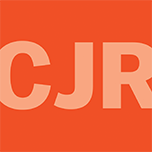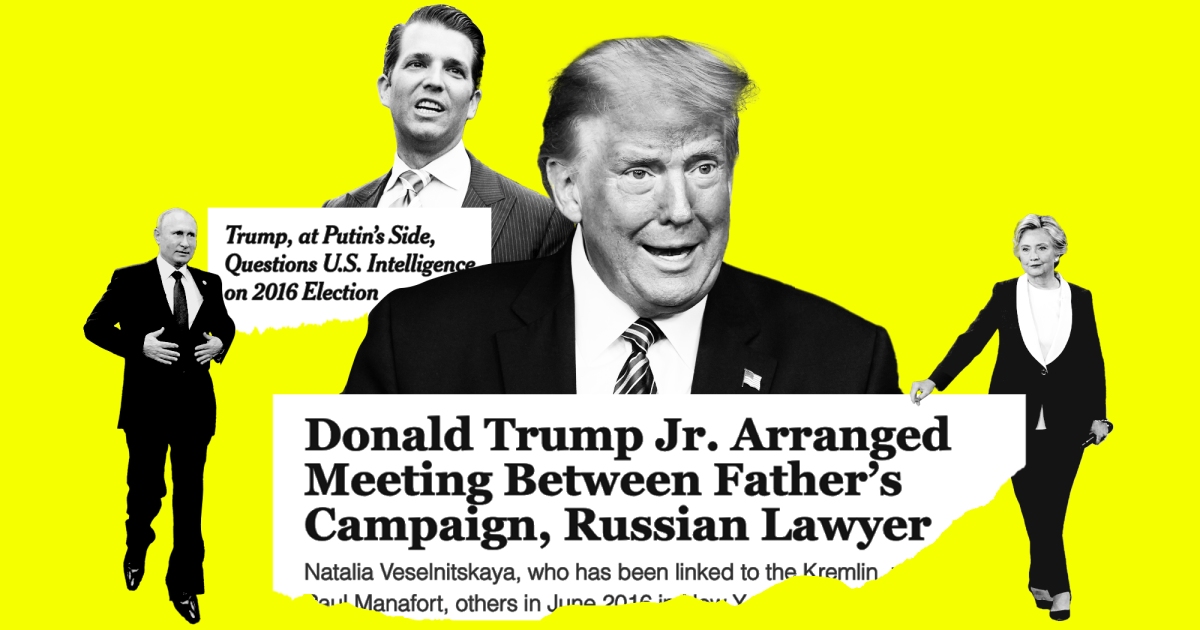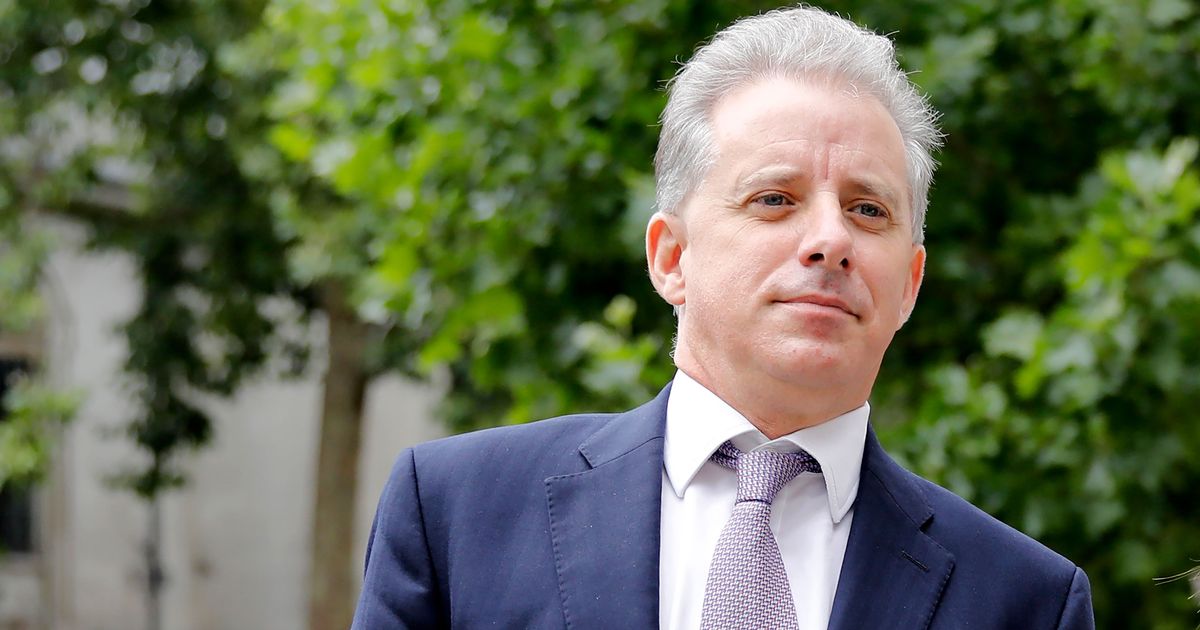- Banned
- #1
SaintForLife
Well-known member
Offline
Looking back on the coverage of Trump
Seven and a half years ago, journalism began a tortured dance with Donald Trump, the man who would be the country’s forty-fifth president—first dismissing him, then embracing him as a source of ratings and clicks, then going all in on efforts to catalogue Trump as a threat to the country (also a great source of ratings and clicks).
No narrative did more to shape Trump’s relations with the press than Russiagate. The story, which included the Steele dossier and the Mueller report among other totemic moments, resulted in Pulitzer Prizes as well as embarrassing retractions and damaged careers. For Trump, the press’s pursuit of the Russia story convinced him that any sort of normal relationship with the press was impossible.
For the past year and a half, CJR has been examining the American media’s coverage of Trump and Russia in granular detail, and what it means as the country enters a new political cycle. Investigative reporter Jeff Gerth interviewed dozens of people at the center of the story—editors and reporters, Trump himself, and others in his orbit.
The result is an encyclopedic look at one of the most consequential moments in American media history. Gerth’s findings aren’t always flattering, either for the press or for Trump and his team. Doubtless they’ll be debated and maybe even used as ammunition in the ongoing media war being waged in the country. But they are important, and worthy of deep reflection as the campaign for the presidency is about, once again, to begin.
Jeff Gerth is a freelance journalist who spent three decades as an investigative reporter at the New York Times.

 www.cjr.org
www.cjr.org
Seven and a half years ago, journalism began a tortured dance with Donald Trump, the man who would be the country’s forty-fifth president—first dismissing him, then embracing him as a source of ratings and clicks, then going all in on efforts to catalogue Trump as a threat to the country (also a great source of ratings and clicks).
No narrative did more to shape Trump’s relations with the press than Russiagate. The story, which included the Steele dossier and the Mueller report among other totemic moments, resulted in Pulitzer Prizes as well as embarrassing retractions and damaged careers. For Trump, the press’s pursuit of the Russia story convinced him that any sort of normal relationship with the press was impossible.
For the past year and a half, CJR has been examining the American media’s coverage of Trump and Russia in granular detail, and what it means as the country enters a new political cycle. Investigative reporter Jeff Gerth interviewed dozens of people at the center of the story—editors and reporters, Trump himself, and others in his orbit.
The result is an encyclopedic look at one of the most consequential moments in American media history. Gerth’s findings aren’t always flattering, either for the press or for Trump and his team. Doubtless they’ll be debated and maybe even used as ammunition in the ongoing media war being waged in the country. But they are important, and worthy of deep reflection as the campaign for the presidency is about, once again, to begin.
Jeff Gerth is a freelance journalist who spent three decades as an investigative reporter at the New York Times.

The press versus the president, part one
<p>INTRODUCTION: ‘I realized early on I had two jobs’ The end of the long inquiry into whether Donald Trump was colluding with Russia came in July 2019, when Robert Mueller III, the special counsel, took seven, sometimes painful, hours to essentially say no. “Holy shirt, Bob Mueller is not going...


